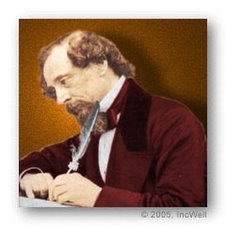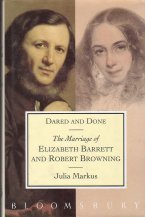"The Land of Counterpane"
When I was sick and lay a-bed,
I had two pillows at my head,
And all my toys beside me lay
To keep me happy all the day.
And sometimes for an hour or so
I watched my leaden soldiers go,
With different uniforms and drills,
Among the bed-clothes, through the hills;
In lines 5-8, you can see how creative the mind of a child is, with the animation of the soldiers being in different uniforms and the drills. In the other verses that a featured, you can relate to the real language of the child's thoughts, how when we were children how we fantasied, and gave life or human qualities to the things that were around us.


